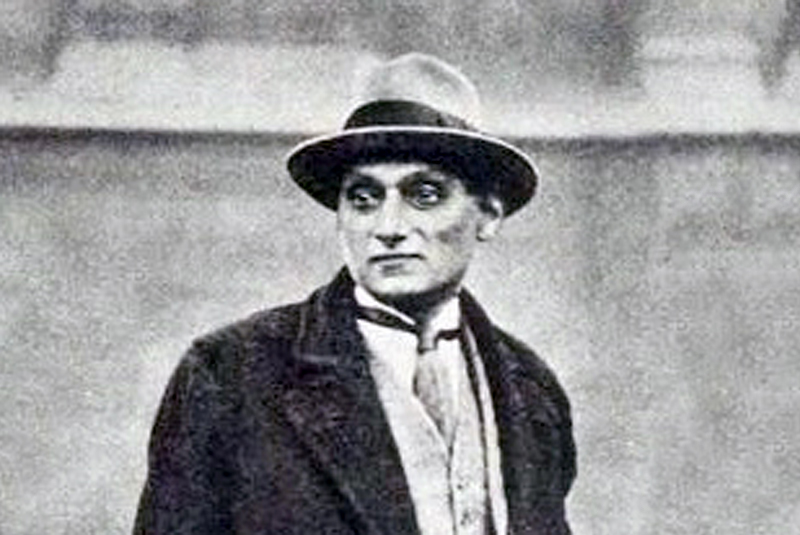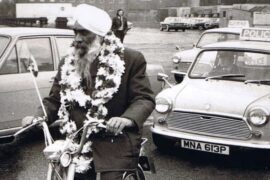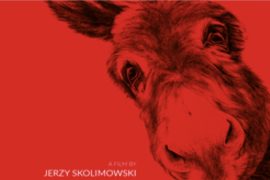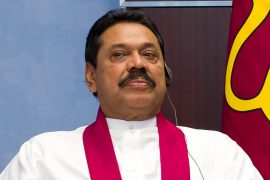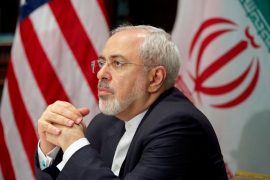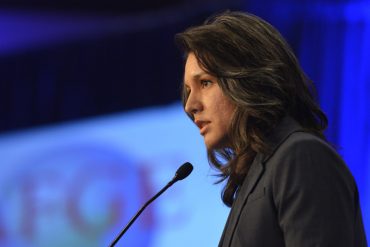Who knows how history might have played out if Mohandas Karamchand Gandhi had replied ‘yes’ to a letter from a revolutionary Parsi communist. In 1927, new leaders were emerging within the ambit of the Indian freedom struggle – Subhas Chandra Bose, Jawaharlal Nehru and Shapurji Saklatvala.
All three had differing views with Gandhi, who was then acknowledged as the Mahatma or ‘Great Soul’. He held the pulse of the masses – a particularly important demographic for the communists. In a fervent series of letters to Gandhi, Saklatvala tried to sway Gandhi to the communist cause. The two had more in common than one would think, as Saklatvala wryly recognized in his opening line:
We are both erratic enough to permit each other to be rude in order to freely express oneself correctly, instead of getting lost in artificiality of phraseology.
Published in 1927, “Is India Different? The Class Struggle in India – Correspondence on the Indian Labour Movement and Modern Conditions,” shows the to and fro that existed between Gandhi and the firebrand Parsi communist; a clash of both words and minds. It is curious that both at different points enjoyed the same patron – the industrialist Tata family.
Copyright©Madras Courier, All Rights Reserved. You may share using our article tools. Please don't cut articles from madrascourier.com and redistribute by email, post to the web, mobile phone or social media.Please send in your feed back and comments to [email protected]

